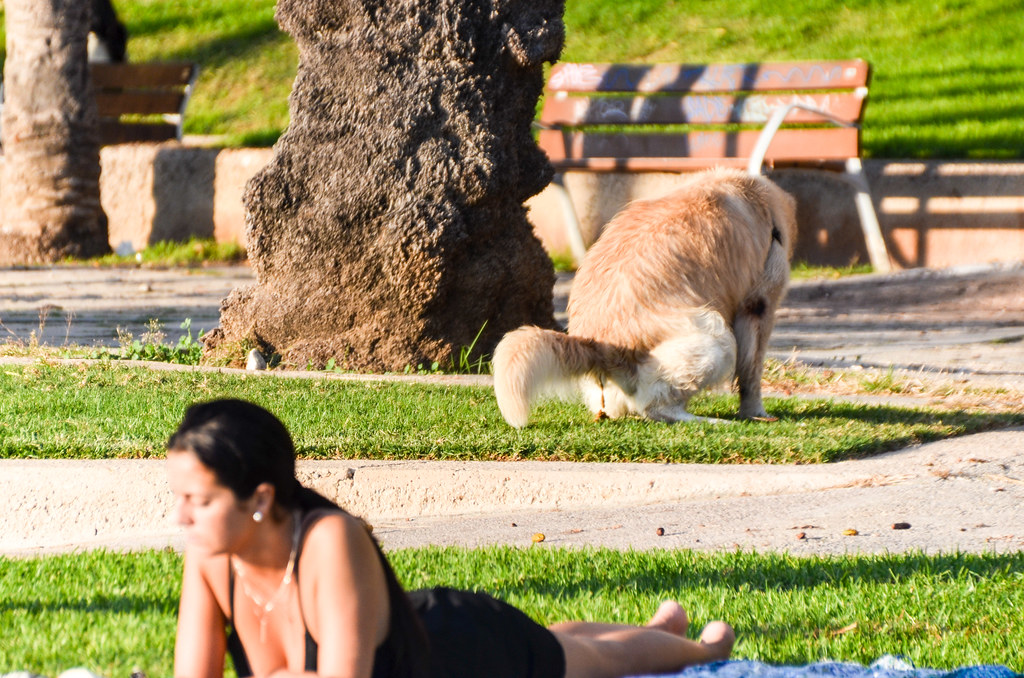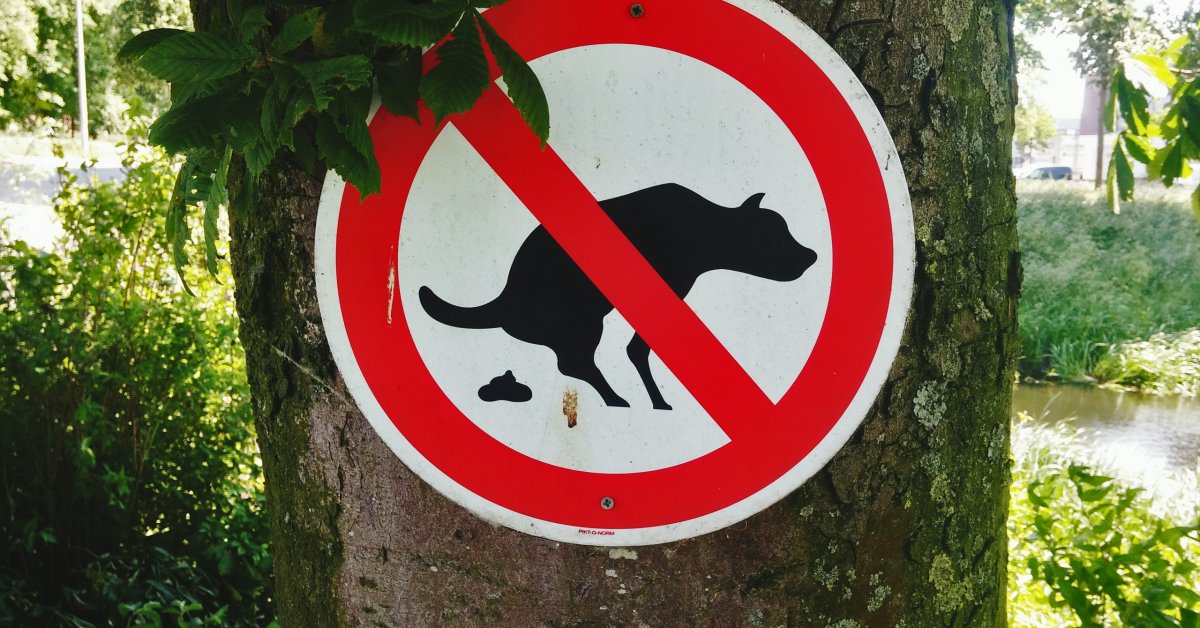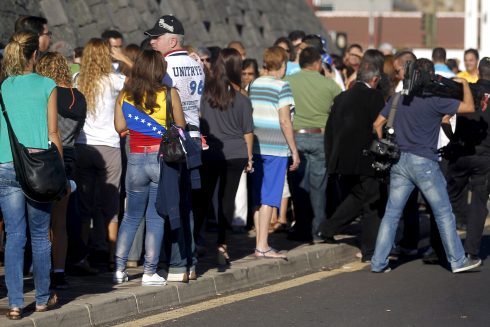PALMA de Mallorca has unveiled a new weapon in the war against dog droppings: DNA analysis that could see owners fined €300.
Pet poop negligence is a major issue in the capital, as it is not only unpleasant, but also poses great danger to humans through the spread of disease.
To combat the problem, officials at Palma City Council have stated their intentions to create a database of dogs’ DNA.
This, they say, would help to identify and punish ‘irresponsible’ owners who fail to pick up after their pooches.

To create the database, the city will ask owners to provide veterinarians with a sample of their canines’ DNA, obtained through a blood test or by swabbing a dog’s mouth for saliva.
Working in a similar way to criminal forensics, officers will be able to take samples of droppings ordered through the Municipal Animal Welfare Ordinance.
READ MORE:
- NO EXCUSES: Dog poo bag dispensers installed across town on Spain’s Costa del Sol
- Costa Blanca city wants to analyse dog poo DNA to catch owners
- Only 10% of Malaga dogs register on dog poo DNA database as Benalmadena and Estepona eye up initiative
These would then be sent to a laboratory for faecal analysis to determine which pooch deposited the poo.
If a match is found within the database, the dog’s owner could face a hefty fine of up to €300, in addition to picking up the costs for processing the sample, estimated to be priced at €50.

This is not the first time that Spanish towns and cities have attempted to deal with the problem of excrement on the streets using innovative new ways.
In recent years, Tarragona, Huelva and Malaga have all put forth similar plans for dog poo DNA testing.
Mislata, near Valencia, has already seen a 90% decrease in dog waste after implementing compulsory DNA analysis in 2016.
Brunete, to the east of Madrid, also launched a campaign where offending owners had their dog poo boxed and sent to them in the post alongside a warning that reoffending would result in a substantial penalty.
Here, offending owners were identified through the help of undercover volunteers who followed citizens to take note of a dog’s name and breed.
This information was then checked against the local pet database.
“If excrement shows up somewhere, it is identified and the owner gets sanctioned,” said Oscar Ramirez of Vetgenomics, a company which sold its idea for DNA testing to Catalonia’s Sitges and Parets.
“Incidents have already been reduced by 100%.”
One additional measure, which could also be included in the amended ordinance, is the obligation of owners to dilute their dog’s urine with water on public roads, as well as a maximum limit on the number of pets allowed in a home.
Click here to read more Environment News from The Olive Press.








